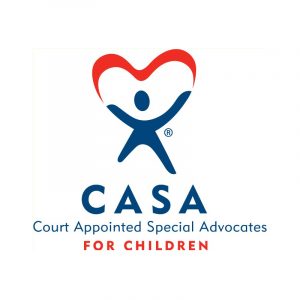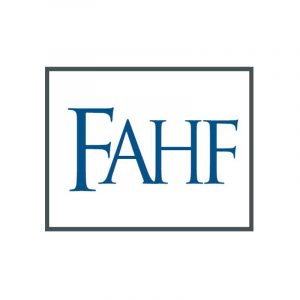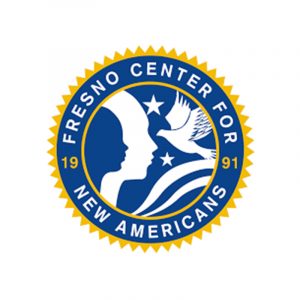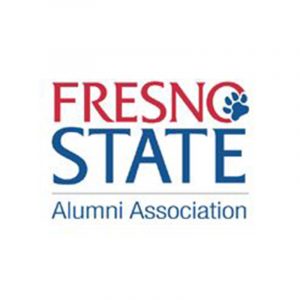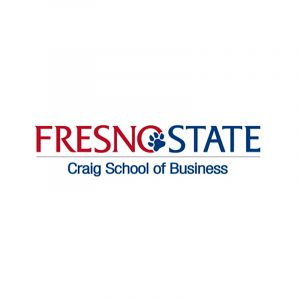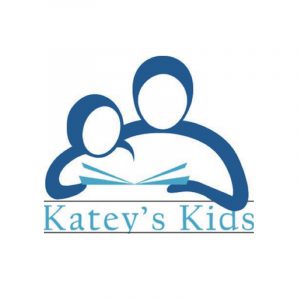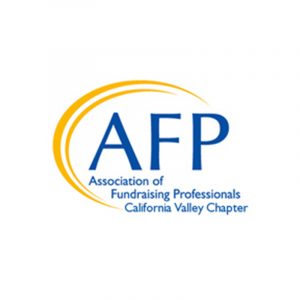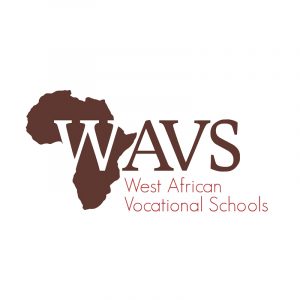If you’re new to the audit process, you might be wondering how best to prepare. It’s easier to manage the process when you know what both your and your auditor’s responsibilities are. Here’s what you can expect of your auditor, and what your auditor will expect of you.
 Ongoing communication
Ongoing communication
Certain circumstances, events, or transactions may warrant an earlier conversation with or communication to your auditor. Consider a mid-year check-in with your auditor about the following:
- Merging with, acquiring, or obtaining control of another organization
- Creating a new legal entity or controlled organization
- Pending or threatened litigation
- Actual or suspected fraud
- Infrequent or unusual transactions
- Uncertainty about how to record a transaction
Discussing these types of circumstances as they occur can better prepare both the organization and the auditors for the audit. If you have questions during the year about how to record something, don’t hesitate to reach out to your auditor. This approach may save you from audit adjustments at year end, as your auditor may be able to provide you with the appropriate guidance during the year to properly record the transaction.
Prior to the start of the audit
Your auditor will want to have a planning meeting to discuss items of audit significance. Before this meeting, take some time to jot down things that have happened during the year that the auditors might be interested in. Some examples include the following:
- Starting, suspending or closing a program or service
- Merging with, acquiring, or obtaining control of another organization
- Disposing or losing control of a consolidated organization
- Obtaining a significant new grant or contribution
- Starting a new fundraising appeal
- Obtaining new or additional federal funding
- Entering into new debt or long-term leases or contracts
- Significant modifications to existing debt agreements, leases, or contracts
- Converting to new accounting, payroll, or billing software
- Changes in key personnel
Prior to start of fieldwork
You should expect to receive a list of items required for the audit. This list may be broken into two parts for preliminary and final fieldwork. The auditor will expect you to have all of the items on the list available when they arrive for fieldwork or start the audit remotely. Prior to the start of the audit, you and your auditor should agree on which tasks or items you may need assistance with, such as preparing the depreciation schedule or the financial statements. Keep in mind the auditor cannot make management decisions or be a part of your internal control systems, so it is still your responsibility to oversee the preparation of the financial statements and accept responsibility for them.
Preliminary fieldwork
During this phase of the audit, the auditor will focus on the following:
- Obtaining an understanding of internal control
- Performing walkthroughs of significant transaction cycles
- Reviewing interim financial information, if available
- Conducting routine fraud inquiries
- Obtaining significant policies and procedures, as well as grant, lease, and debt agreements
- Obtaining audit confirmations
- Developing an audit plan that incorporates any audit risks identified during preliminary testing
You can expect the auditor to need to spend some time with key personnel who handle cash receipts, cash disbursements, accounts payable and receivable, payroll, and financial statement preparation, at a minimum. This may be done remotely if necessary. You should also be prepared to explain significant variances in assets, liabilities, revenue, and expenses from year to year.
Final fieldwork
Two key components to a pain-free audit are 1) preparation and 2) availability of information and persons with relevant information for the audit. The auditors will expect you to be fully prepared when they arrive to start the audit or begin the audit remotely. Audits are most effective once your books are closed and all work papers for the audit are ready for review. Once the audit begins, the auditors will be asking for additional documents and explanations, and it’s harder to meet the time demands of the audit and day-to-day job responsibilities while still working on closing the books or preparing audit work papers.
If you are fully prepared for the audit and provide all documents and information requested during audit fieldwork, you can expect that the auditors will meet the agreed-upon dates for delivery of the audited financial statements and the presentation to the board or board committee. In addition, you should expect your auditors to promptly bring to your attention any adjusting journal entries they propose and any deficiencies in internal control they note during their audit fieldwork. The auditor should give you the opportunity to discuss any internal control deficiencies to make sure you’re in agreement with the facts noted and so you have a chance to discuss any mitigating internal controls or relevant information. If any of the internal control deficiencies rise to the level of a significant deficiency or material weakness, you should expect a written communication and an opportunity to provide management’s response to the deficiency noted.
Wrapping it all up
An auditor must be independent, but the most effective auditor-client relationships are built on mutual respect and collaboration throughout the audit process. Communicating expectations and maintaining contact throughout the year helps to build that relationship and fosters a positive audit experience.
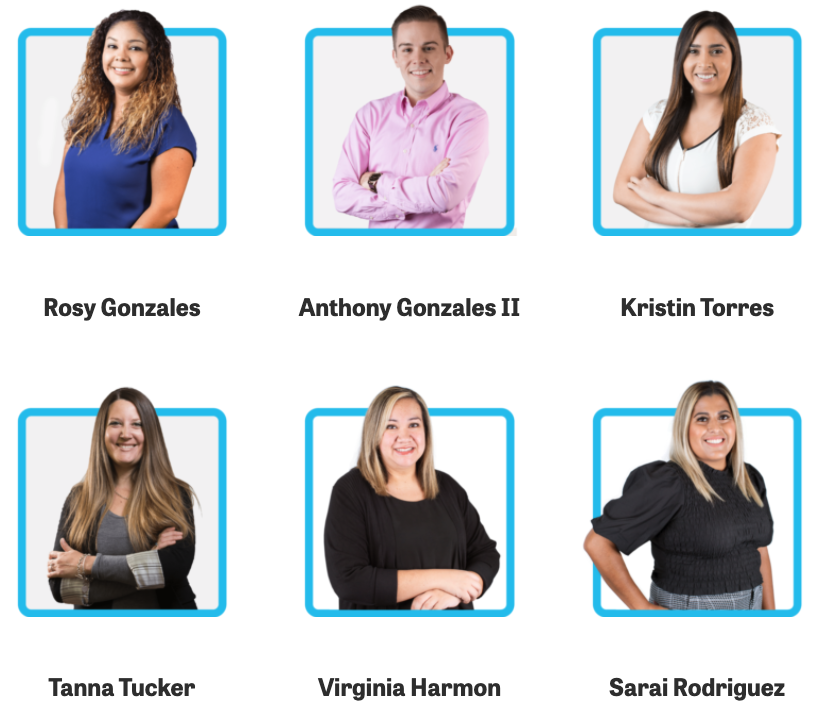
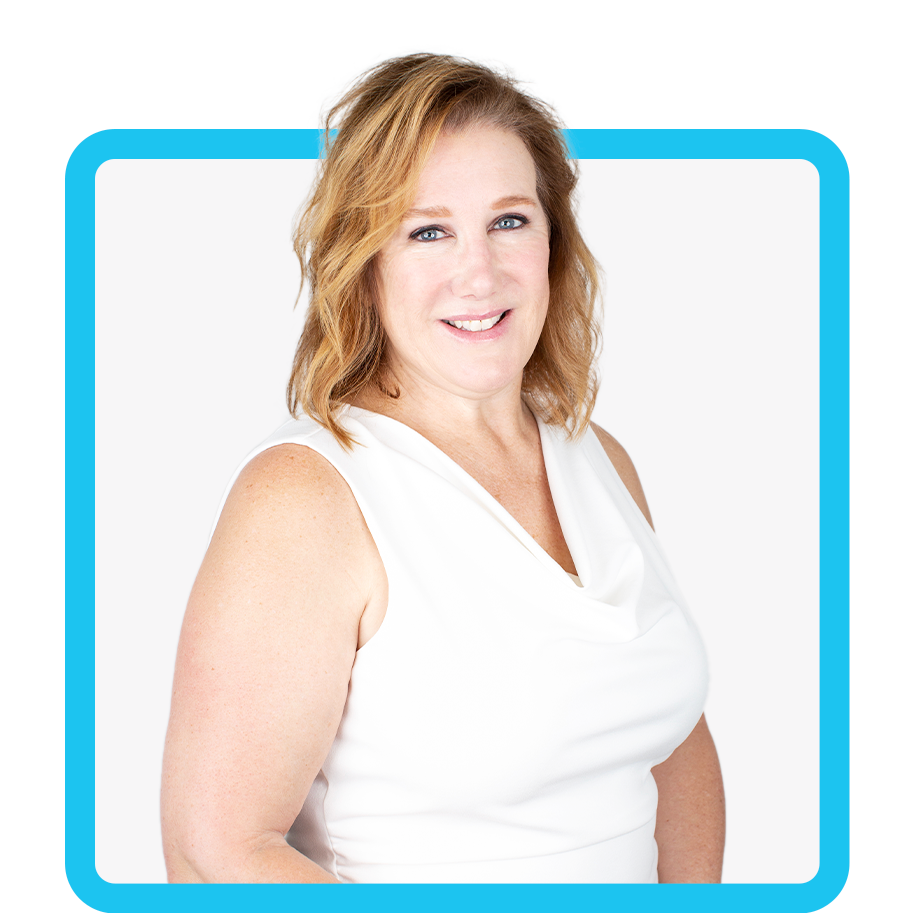











 Ongoing communication
Ongoing communication

